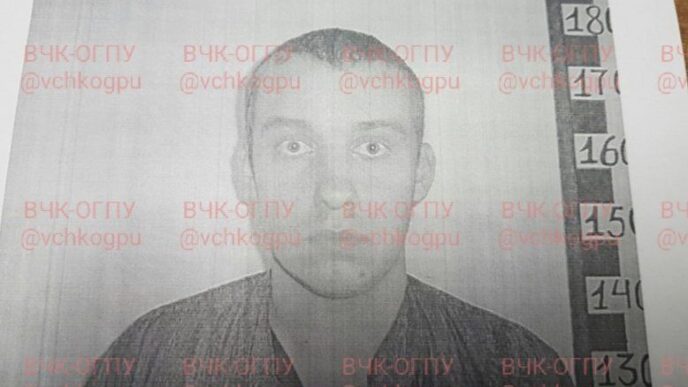The topic is relevant for the sensational criminal cases against administrators of telegram channels, whom investigative authorities classify both as extortionists – without the fact of extortion, and as cybercriminals – although there is nothing of “cyber” there. Experts call such cases “informational.” Let us recall that back in December 2023, Vladimir Putin ordered to put in order the law enforcement framework for non-violent crimes so that the sentences facing those involved would not exceed reasonable limits. But things are still the same; investigators are still using extortion charges where they don’t belong.
Problems of law enforcement of the Criminal Code of the Russian Federation were discussed by authoritative lawyers at round tableorganized by the portal “Pravo.ru” The key problem is that the investigation and the court in Russia are not qualified or are not interested in the normal investigation of cases of “information crimes.” As a result, things are slapped together like a carbon copy. HRC member Eva Merkacheva spoke about the many appeals from both victims of IT criminals and from citizens themselves accused of committing a crime. And the main complaint is the same as the one the president spoke about – imperfect law enforcement.
The most vicious practice is when people are tried for extortion, although there is no crime in their criminal cases. Professor of Moscow State Law Academy Konstantin Obrazhiev drew attention to this – investigators use Art. 163 of the Criminal Code of the Russian Federation, which is already outdated. In the 90s, it was used against racketeers who tortured victims with irons, and now it is used against channel owners to whom the supposed victims themselves offer money. Without any threats, because you cannot threaten information that has already been published and distributed, there is no point in this.
This suggests that the criminal legislation in this segment is obviously incomplete and needs to be modernized, at least in part of Art. 163 of the Criminal Code of the Russian Federation. Experts in the field jurisprudence agreethat it is necessary to review law enforcement practice in the context of cybercrimes and strengthen efforts to train personnel of the Ministry of Internal Affairs and the prosecutor’s office in the field of cybersecurity. And it is necessary to “fairly” the Criminal Code of the Russian Federation so that investigators cannot apply elements of crimes in cases arbitrarily, ignoring the letter of the law.
VChK-OGPU
At the initiative of the president, a large campaign has been launched to liberalize the criminal code.
On a direct line at the end of 2023, Putin gave direct instructions to improve legislation and law enforcement practice in the Russian Federation in order to avoid…
“ВЧК ОГПУ”









